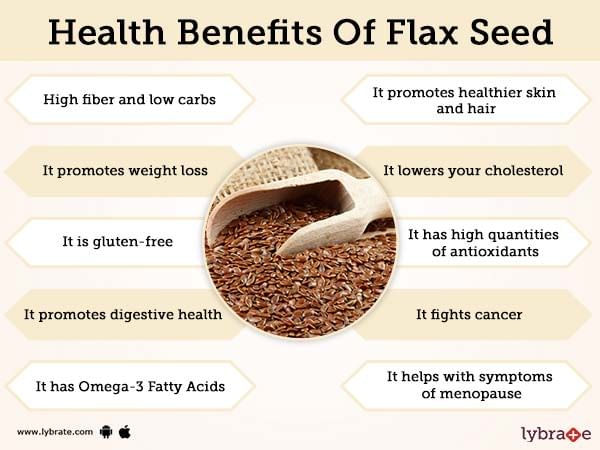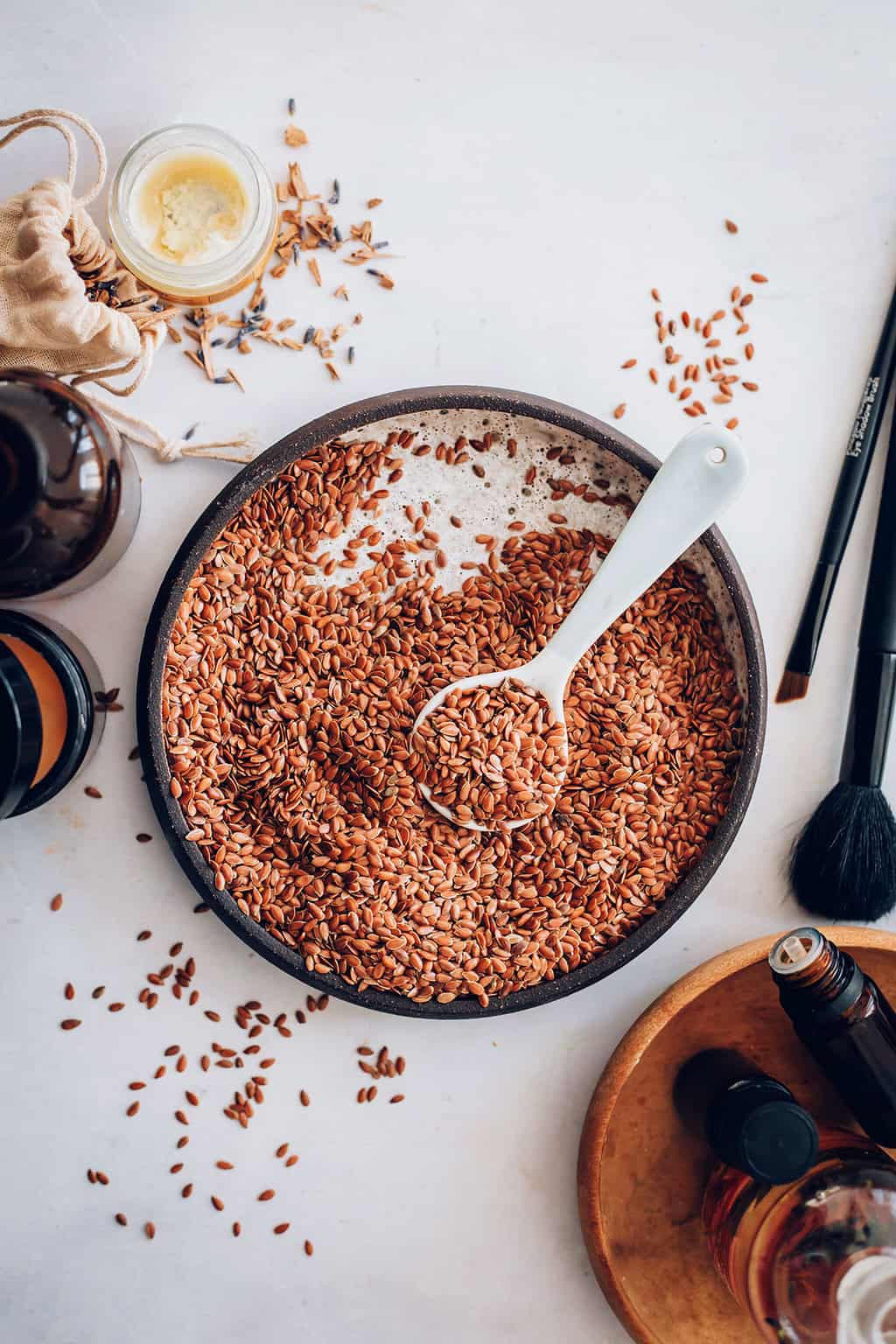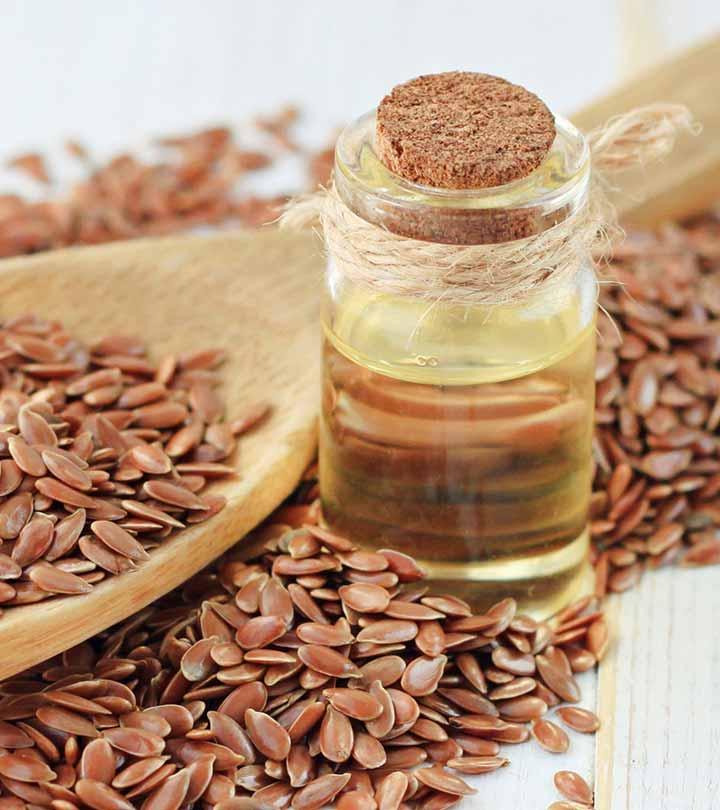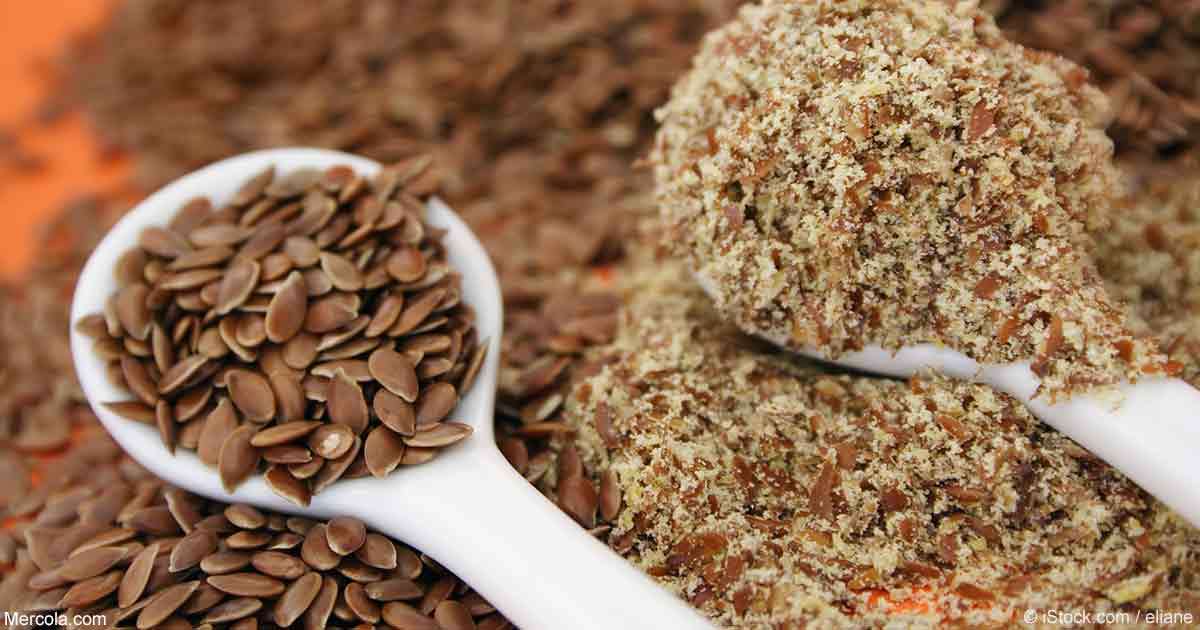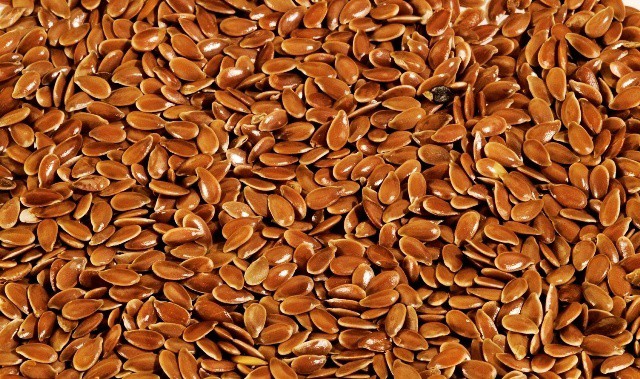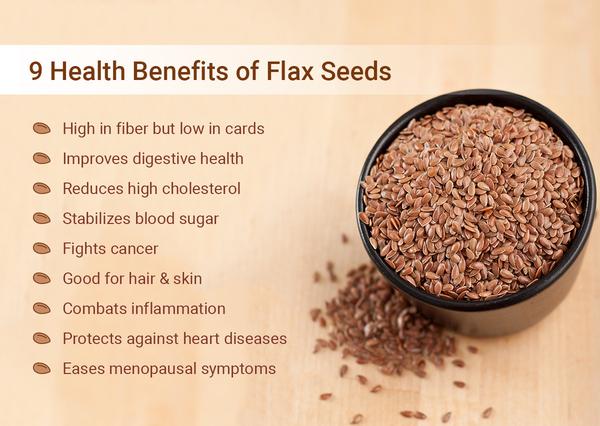How To Use Flax Seeds For Hair And Skin
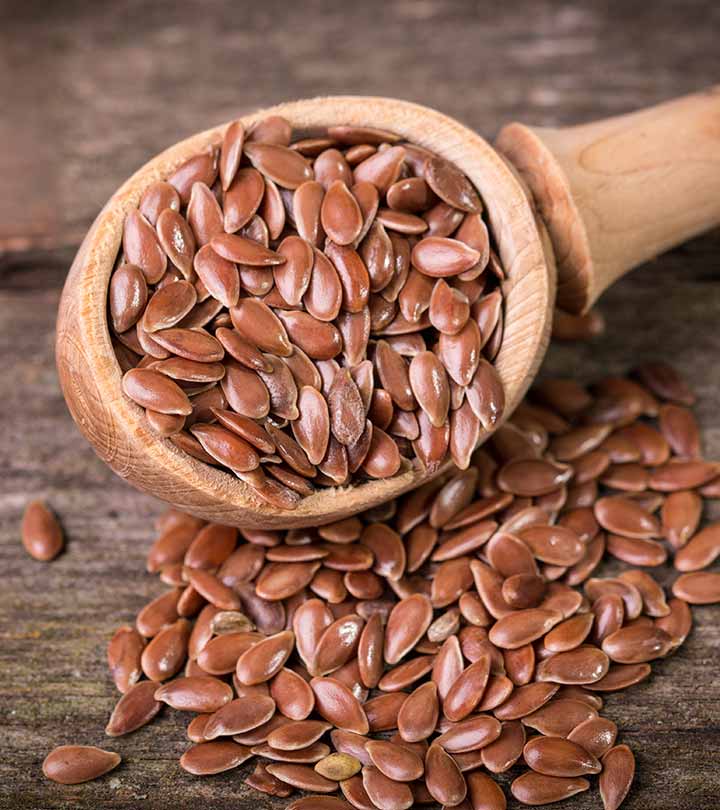
14 prevents dandruff use flaxseed oil for hair to keep your scalp nourished and moisturised and prevent flaking and dandruff.
How to use flax seeds for hair and skin. A add flax seeds to your diet snack on a spoonful of crunchy flax seeds every day whenever you feel the need. Heat method is a lot quicker than infusion method. Apply the paste on your face and neck and leave it on until it dries up. Flax seeds are a rich source of omega 3 fatty acids.
It will turn into a sticky and slimy paste. Over time the flax seeds will form a somewhat thick gel like substance. These fatty acids are essential for healthy hair growth. Ways to use flaxseed for skin hair.
And here are some flax seeds benefits for hair. In heat method you heat 1 3 cup flaxseed meal in 1 cup coconut oil or almond oil for 30 minutes on a double boiler and strain. Combine all ingredients in a small bowl and stir well. Allow the mixture to soak for about 10 minutes.
Flax seeds soothe the scalp and help calm the sebaceous glands so they produce the right amount of oil for healthy hair growth. To use flaxseed as a hair mask pour a small amount of the oil into your hands and massage directly into your hair. Here are the ways to include them in your daily hair care routine for encouraging new hair growth. Grind the flax seeds in a blender or mixer to make flaxseed meal.
For acne free skin eat 1 2 tablespoons of ground flax seeds daily. If you find that the gel has thickened a little too much add a teaspoon of filtered water to thin it just enough to spread evenly over your skin. These are two factors that directly affect the rate at which your hair grows and its health. Soak flaxseed meal in 3 tsp of water for about 15 minutes.
How to use the flaxseed gel on hair use the gel as a hair mask. Let it dry for 10 20 minutes and wash it off. Flaxseed oil flaxseed oil can be made in 2 ways heat method and infusion method. Leave on for up to 15 minutes then rinse out and shampoo as normal.
Use a mild shampoo. Flax seeds control the production of sebum that could lead to acne.








:max_bytes(150000):strip_icc()/flaxseed-oil-health-benefits-how-to-use-and-cautions-4178046-5c5db98546e0fb0001f24e57.png)

